Revealing the Significance of Home Inspection:
The Foundation of Your Investment
Purchasing a home marks a significant milestone in one’s life. It serves not only as a place to reside but as an investment in your future. As you embark on this journey, one crucial aspect deserving your utmost attention is the house’s foundation. A thorough home inspection, with a particular focus on the foundation, can shield you from unexpected and expensive issues in the future. In this blog post, we will explore the realm of home inspections and emphasize why the foundation holds a central role.
The Significance of Home Inspection
A home inspection plays a pivotal role in the process of buying a home. It involves a comprehensive evaluation of a property’s condition, carried out by a qualified inspector. While a home inspection encompasses various aspects of a residence, including the electrical system, plumbing, roof, and more, it particularly prioritizes the foundation.
Here are several compelling reasons why a home inspection, with an emphasis on the foundation, is of paramount importance:
- Revealing Concealed Problems: A seasoned home inspector possesses the experience and tools required to detect structural issues that may elude the untrained eye. Foundation problems can span from minor cracks to severe structural damage.
- Preventing Costly Repairs: Identifying foundation issues early can spare you from future financial burdens. Repairs to the foundation are often among the most expensive undertakings for homeowners. Detecting issues before purchasing can shield you from inheriting a substantial financial liability.
- Bolstering Negotiating Leverage: In the event that the inspection uncovers foundation concerns, this information can serve as a bargaining chip during negotiations with the seller. You may request repairs or a reduction in the sale price to accommodate the expenses of foundation rectification.
Understanding Foundation Varieties
Before delving further into foundation inspection, it is crucial to gain insight into the diverse foundation types commonly encountered in homes:
- Slab Foundation: This constitutes a singular, continuous concrete slab serving as both the foundation and the house’s flooring. Slab foundations are prevalent in regions with warmer climates.
- Crawlspace Foundation: In this configuration, the house is elevated several feet above the ground, forming a crawl space beneath. Typically, this type features concrete or wooden piers and beams.
- Basement Foundation: Basements are subterranean spaces that offer supplementary living or storage area. Basement foundations are more frequently found in colder climates.
Foundation Inspection Checklist
A comprehensive foundation inspection involves an array of steps and assessments. Here is a checklist outlining what a professional inspector typically scrutinizes:
- Visible Cracks: The inspector examines the foundation walls, floors, and corners for any discernible cracks. Cracks can signify settling or shifting.
- Water Damage: The presence of indicators such as efflorescence (white, powdery residue) or mold constitutes red flags necessitating attention.
- Structural Soundness: An evaluation of the foundation’s overall structural integrity is performed. The inspector seeks signs of bowing or leaning walls, uneven floors, or sagging beams.
- Drainage: Effective drainage systems are pivotal in averting foundation problems related to water. Inspectors ensure that gutters and downspouts direct water away from the foundation.
- Soil Quality: The type of soil surrounding the foundation can influence its stability. Expansive soils, which expand and contract with variations in moisture levels, can pose challenges.
- Foundation Type: The inspector identifies the foundation type and verifies its adherence to local building codes and standards.
Conclusion
A home inspection, with a special emphasis on the foundation, constitutes an investment in your peace of mind and financial stability. It equips you with insights into the genuine condition of the property you intend to acquire, enabling informed decisions. Keep in mind that not all foundation issues are insurmountable obstacles, as some may be minor and easily remedied. Nevertheless, a thorough inspection empowers you with knowledge and negotiation leverage, ensuring a prudent investment in your future home.
